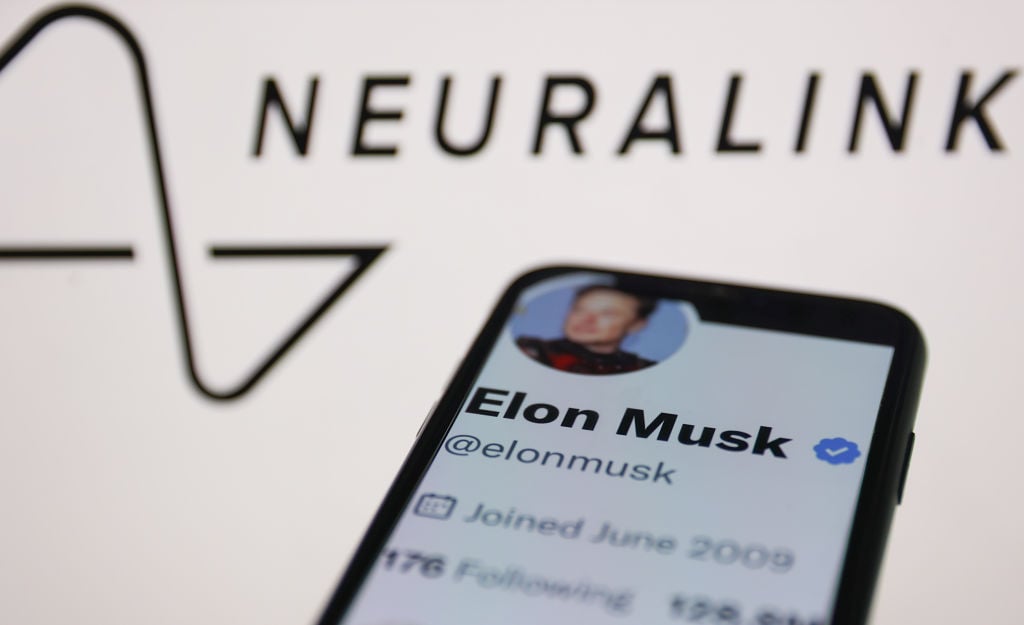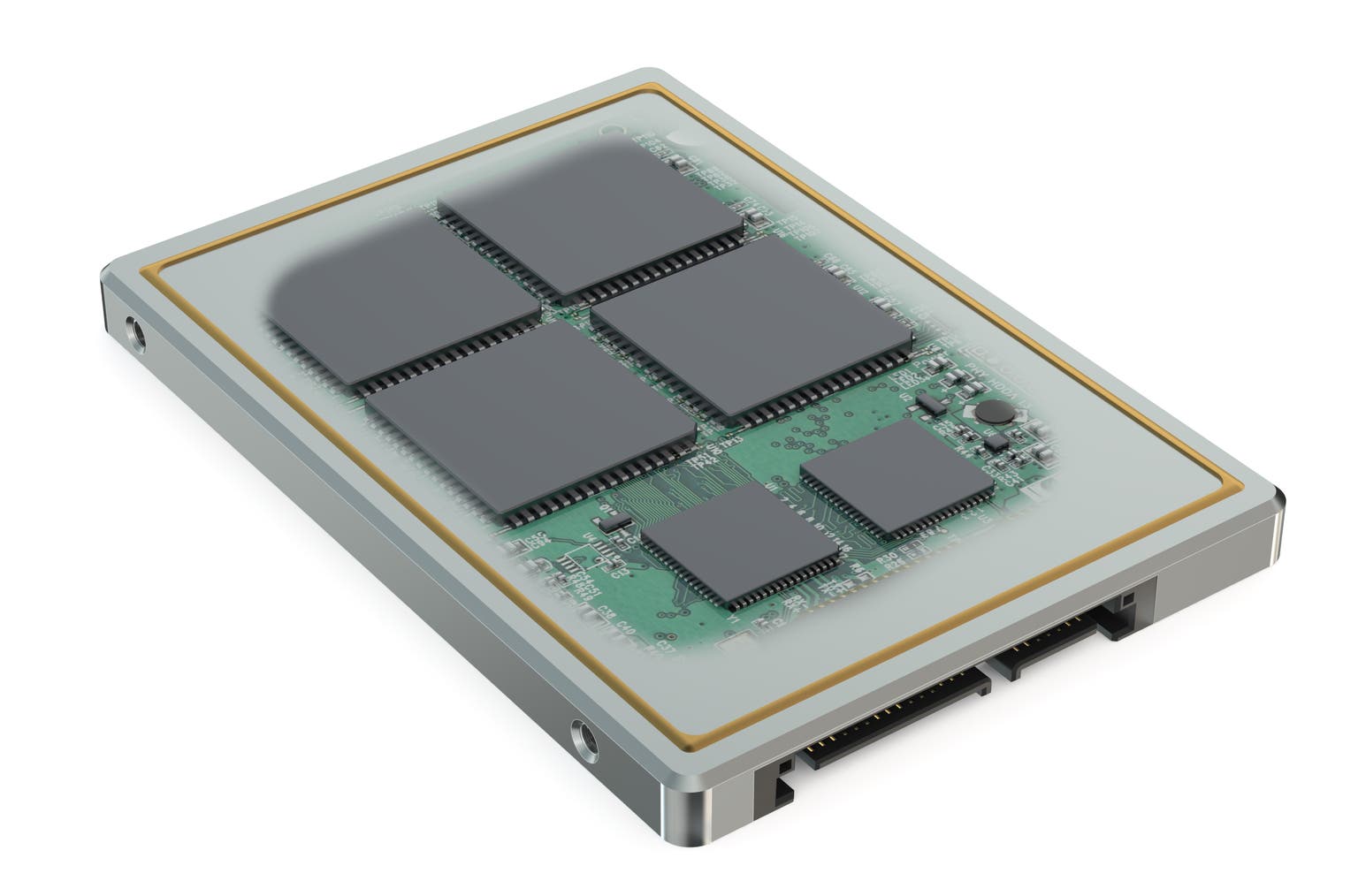VAR is Killing the Beautiful Game? Premier League Official Admits He 'Hates' the Technology

The Premier League is known for its thrilling matches, nail-biting finishes, and unpredictable drama. But a top official has sparked a major debate by voicing his strong dislike for Video Assistant Referee (VAR) technology, claiming it's fundamentally changing – and ruining – the sport. Bobby Madley, a seasoned Premier League official, has gone as far as to say he 'hates' VAR and believes it is creating unnecessary panic and undermining the excitement of the game.
Madley’s comments have sent shockwaves through the footballing world, with fans and pundits alike weighing in on the increasingly contentious issue. His primary concern is the impact VAR has on the spontaneity and emotional highs of football. He argues that crucial moments, like Sergio Aguero’s iconic stoppage-time winner for Manchester City in 2012, which sealed their title victory, would simply not be possible in today's VAR-dominated environment. The agonizing wait for a decision, the constant replays, and the potential for overturning legitimate goals are, in his view, stripping the game of its raw emotion and unpredictability.
“I hate VAR, I’ll be honest,” Madley stated in a recent interview. “It has ruined football. The panic it causes, the delays… it’s not what we want to see.” He elaborates that the pressure on referees to ensure every decision is perfect, thanks to VAR's scrutiny, has made them hesitant and less confident in their own judgement. This, he believes, leads to a more sterile and less engaging viewing experience for fans.
The introduction of VAR was intended to reduce errors and ensure fair play, but it has been plagued by controversy from the outset. Critics argue that the technology is often inconsistent, subjective, and takes an unreasonable amount of time to implement. The constant interruptions to the flow of the game, the often-confusing explanations, and the feeling that goals are being awarded or disallowed for incredibly marginal decisions have all contributed to growing frustration among fans.
While Madley’s comments are undoubtedly strong, they reflect a widespread sentiment among those who believe VAR has fundamentally altered the character of football. The debate over VAR’s future is likely to continue, with calls for reform and adjustments to the system growing louder. The question remains: can VAR be tweaked to improve accuracy without sacrificing the passion and excitement that make the Premier League one of the most-watched leagues in the world? Or is it time for a more radical rethink of the technology’s role in the beautiful game?
The Premier League, known for its fast-paced action and dramatic twists, now faces a critical challenge: preserving its unique identity in an era increasingly dominated by technology. Madley’s words serve as a stark reminder of the delicate balance between fairness and entertainment, and the potential consequences of prioritizing one over the other.





